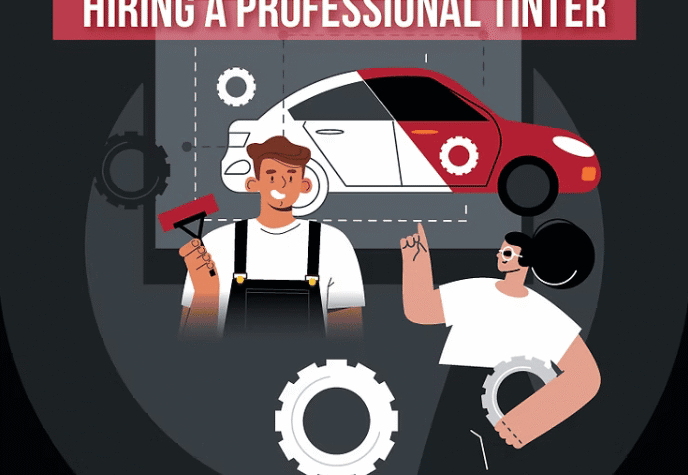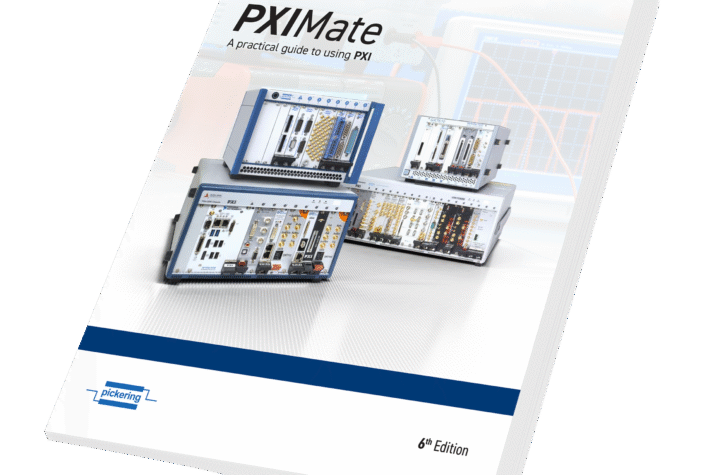
Automotive manufacturers across the globe may be reeling under the shock of a long-drawn-out recession but there is a car manufacturer in Poland that has stepped up production by 20 per cent. The company is Fiat and its car plant in Tychy, Poland is adding 300 workers to its 6000-strong workforce. Fiat’s Tychy plant manufactures the Fiat 500 (which has proven to be the automotive success story of 2009), Fiat 600, Pandas and Ford’s Ka’s. Fiat’s Tychy plant is targeting a production output of 600,000 cars this year.
Fiat’s Tychy plant reflects the growing importance of Poland as an automotive manufacturing hub. High quality workforce combined with relatively low costs, make the country an attractive destination for auto-makers. Fiat’s success in manufacturing the low cost Fiat 500 cars in Poland was aided by the fact that important suppliers like Johnson Controls – which makes the seating and door panels for the Fiat 500 – have also located its production in Poland.
In July this year, UNCTAD released a survey that confirmed Poland’s place as one of the most foreign direct investment-friendly countries in the world. The survey studied the investment attractiveness of the countries evaluated in 13 categories. Several of them positioned Poland well above the world average. The country was highly assessed in respect of the size of local market and future growth potential.
Last year, Poland attracted nearly 12 billion Euros in FDI. Large part of it came from automotive manufacturers. One current automotive investment project is being conducted by Guardian Industries, a Michigan-based US automotive glass and parts manufacturer, which is planning to construct a new car plastic components plant in Boleslawiec, Poland. The new facility, due to make a range of plastics trim products in the Walbrzych Special Economic Zone, will be operated by SRG Global, Guardian Industries’ newly-formed trim subsidiary. The unit, due for completion by late 2012, ultimately will employ 160 people, according to Polish Investment and Information Agency (PAIiIZ).
Poland has been producing cars since the 1920’s. After World War II, the automotive industry was slowly rebuilt drawing on its pre-war experiences. The reconstruction started initially at Starachowice, where the production of trucks began and then in Warsaw were the FSO plant began producing passenger vehicles and finally in Lublin where delivery vans were made.
Since the early 1990s, the flow of direct foreign investments to the automotive sector has led to the dynamic development of the sub-contractors segment, with a strong focus on engines. Giants from the motor industry like General Motors, Isuzu, MAN, Michelin, Toyota, Volkswagen and Volvo, have encouraged many sub-contractors to shift production capacity to Poland, says PAIiIZ.
Poland’s geographical location between the wealthy consumer markets of Western Europe and the dynamically expanding Eastern European markets makes it an ideal center for production. The country has three sea-ports on the Baltic coast, which offer connections to Europe’s most important ports According to figures, investment in Poland provides access to the 300 million-strong Western and 250 million-strong Eastern European markets. An EU member since 2004, Poland provides a stable legal framework for investment which combined with market access possibilities mentioned above, make it the most competitive and business friendly environment in the region.
Automotive Industries spoke to Zbigniew Kubacki, Chief of the Trade & Investment Section, of the Polish Embassy in Washington.
AI: What are Poland’s strategies for increasing investments in the Polish automotive industry?
Our strategy is to always be ready to serve the expectations of potential investors in the automotive industry. We try to prepare for many different possibilities regarding planning, selection and execution of any particular investment project We try to emphasize our strengths with regard to engine and engine components manufacturing as well as a wide variety of automotive parts. In today’s global downturn and a revolution of sorts going on in Detroit and around the world, we emphasize our strategic advantage in the area of small car assembly which has a proud and long history in Poland.
AI: What are some of the incentives offered to the automotive industry? Any new incentives planned?
Current and potential investors in the automotive sector are drawn by excellent facilities, location, and a well trained and productive labor force. We offer several tax incentives and other benefits, should the investment be located in one of the Special Economic Zones operating in Poland.
AI: Tell us a little about the impact Fiat’s Tychy plant has had on Poland’s popularity as an auto manufacturing destination.
Fiat is the biggest investor and the biggest vehicle exporter in Poland. The planned output for the Tychy plant in 2009 is estimated to increase by almost 20% on the previous year. Combined with many years of experience in small car assembly, and considering the current consumer market, the plant is very well positioned strategically. There were several visits of automotive representatives from Detroit recently, to study the assembly process and design of small cars which I think speaks for itself as an example of the impact the Tychy plant has.












More Stories
Sonatus – The industry is shifting gears to software
Cybord warns of dangers of the stability illusion
HERE building trust in ADAS systems